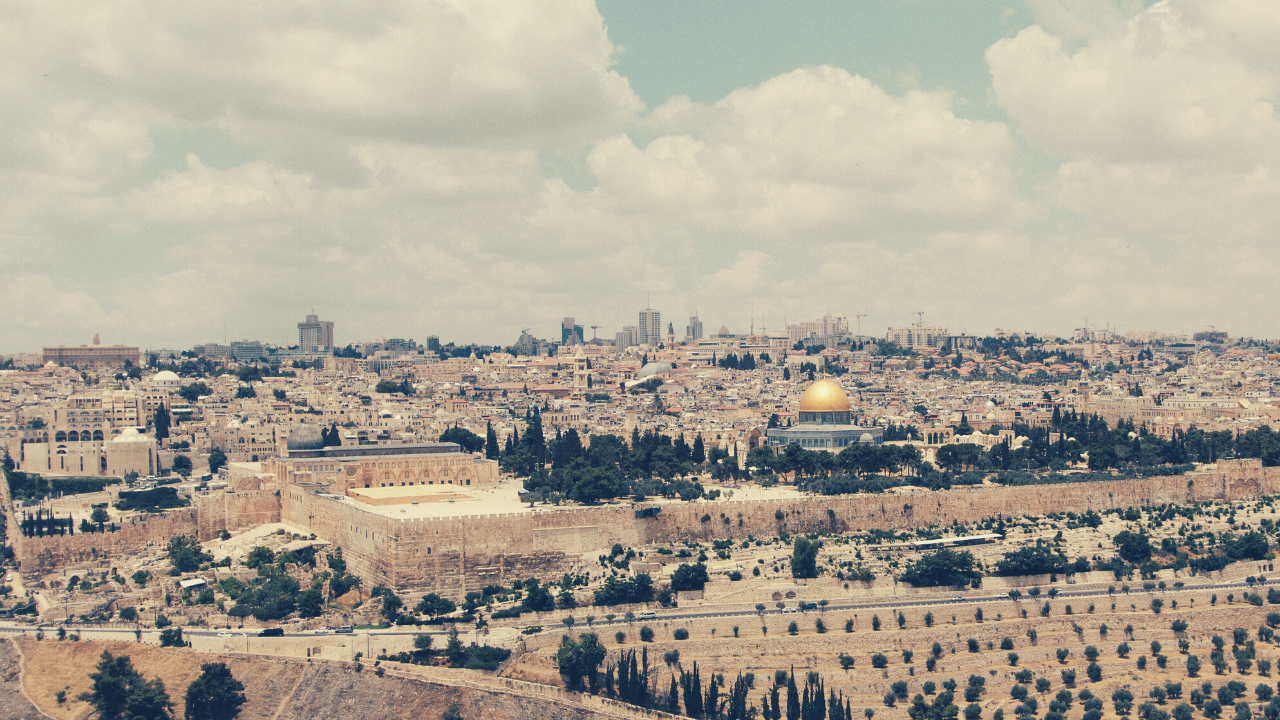The Song of Zion
This Shabbat is known as “Shabbat Shirah” or the Shabbat of Song, due to the fact that our parsha records the first song sung by the entire Jewish people at the banks of the Yam Suf. Songs and music have a way to create an emotional attachment to an idea or ideal and this week is a time to reflect on the power of song and music in our tradition.
Perhaps the most prominent place that we find singing in the Torah is part of the service of the Beit HaMikdash. Every day the Levi’im sang as an accompaniment to the daily korbonot. The Talmud associates this singing with great joy and hence determines that the proper time for the singing was when the wine, which also generates joy, was poured on the altar. In fact, the Talmud writes that the singing of the Jewish people in the Beit HaMikdash expresses the fact that the Jewish people are more beloved to God than the angels.
Based on these sources, the song of the Beit HaMikdash enhances the deep “emotional” connection between God and the Jewish people. Interestingly, though, in the minds of the people it seems that the song to God and the location of Yerushalayim became intertwined. Thus, we read in Tehillim:
By the rivers of Babylon, there we sat, sat and wept, as we thought of Zion. There on the poplars we hung up our lyres, for our captors asked us there for songs, our tormentors, for amusement: “Sing us one of the songs of Zion.” How can we sing a song of God on alien soil? If I forget you, O Yerushalayim, let my right hand wither; let my tongue stick to my palate if I cease to think of you, if I do not keep Yerushalayim in memory even at my happiest hour.
In this chapter, the Jewish people’s connection to God and their connection to Zion are intertwined. The captors ask the Levi’im to sing “the songs of Zion” while the Levi’im themselves refer to these songs as “the songs of God.” Then, the Levi’im themselves declare their eternal allegiance to “Yerushalayim.” It seems that the songs of the Beit HaMikdash not only expressed the people’s emotional attachment to God, but also to God’s home – Yerushalayim.
This point is accentuated by the commentary of the Malbim to the above verses. He writes that the Babylonians were asking the Levi’im to replace their song of Zion with a song about the greatness of Babylon. After all, Babylon was now their new home and they would be able to build homes and successful lives in their adopted country. Why not replace their old songs with the Babylonian national anthem?
The Levi’im responded that their song of Zion was not replaceable. One cannot move away from Zion simply start singing a different song. The song of Zion is the song of God – living in the city and feeling a connection to God are intertwined. Accordingly, while regular immigrants might be able to simple sing a new song, we Jews will always sing the song of God/Zion.



